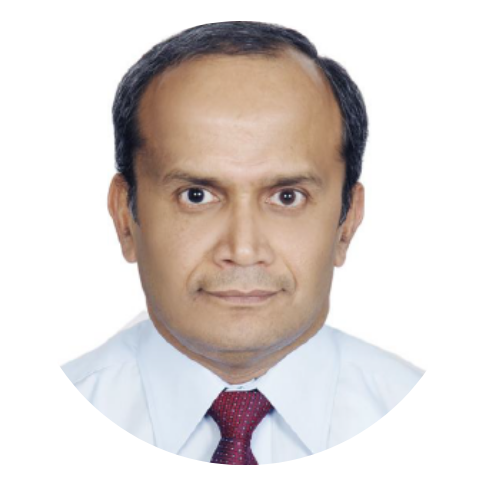 Ahead of this year's Sustainability in Packaging Asia 2024, we spoke with Kithsiri Wijesundera, Principal Consultant at KiWi Strategy Consultants, to get a sneak peek of what we can expect from his presentation on ‘EPR development in Sri Lanka and what does it mean to local industries’. Here's what he had to say...
Ahead of this year's Sustainability in Packaging Asia 2024, we spoke with Kithsiri Wijesundera, Principal Consultant at KiWi Strategy Consultants, to get a sneak peek of what we can expect from his presentation on ‘EPR development in Sri Lanka and what does it mean to local industries’. Here's what he had to say...
Your presentation at this year’s Sustainability in Packaging Asia will cover “EPR development in
Sri Lanka and what does it mean to local industries.”
Why is it important for others in the industry to hear this message?
EPR implementation in Sri Lanka has not progressed very smoothly during the last seven years. It
will be interesting to the professional packaging audience to know the current status of EPR
implementation to learn its successes and failures. It could become a case study for discussion to
identify what has gone wrong and how to break the stalemate. There may also be other important
lessons, to be learned by analysing this story.
What are the main challenges in your day-to-day work relating to sustainable packaging
solutions?
I have stepped into a long running somewhat stalemated process that has taken place without
any durable solution for implementing EPR. However within the last few months I have been able
to convince some key players in the packaging industry (mainly converters and suppliers) that
they need to follow guidelines on Design for Recycling issued by World packaging organisation
when they redesign or introduce new packs to the Sri Lankan market. However this may take
some time since it has to be done jointly with Brand owners who hold the upper hand as
customers during that decision making process. We are also working with a consortia of Pet
bottle users and HIPS cups users to establish an EPR system based on a PRO to manage
collection and recycling of post-consumer packaging by networking with a large no. of collectors
and recyclers scattered around the country. Proposed PRO will be responsible for monitoring
collection and recycling and report to the Central Environment Authority on behalf of the Brand
Owner members who are funding the PRO. We have our next meeting in early May to discuss and
finalise the form and structure of the PRO and the regulatory support we need from the Ministry of
Environment (GOSL)
What are some of the biggest opportunities gaining attention within the packaging industry?
Although plastic packaging manufacturers initially viewed the actions taken by governmental and
international authorities to reduce the use of plastic packaging as a threat, they are now
recognising opportunities in producing high-quality recyclable materials, ensuring access to local
raw materials to minimise delays and foreign exchange shortages, and gaining goodwill from
stakeholders by contributing to pollution and climate change mitigation efforts.”
What do you think will be some of the most interesting advancements in packaging in the near
future?
1. Development of sustainable packaging materials such as bio-based plastics, compostable
materials, and materials made from renewable resources.
2. Increase in intelligent packaging solutions that provide real-time information about product
freshness, authenticity, and safety.
3. Implementation of smart packaging technologies like QR codes, RFID tags, and sensors for
improved traceability and supply chain management.
4. Enhanced packaging designs focusing on convenience, ease of use, and improved user
experience.
5. Continued focus on reducing packaging waste through initiatives such as light-weighting,
minimalistic packaging, and reusable packaging solutions.
What are the challenges the brands have to overcome in the next few years?
One of the biggest opportunities gaining attention within the packaging industry is the shift
towards sustainable and eco-friendly packaging solutions. Companies that can innovate and
adapt to these changing consumer demands stand to benefit significantly in terms of market
share and brand reputation.
They need to experiment with new materials and new designs which are reusable and/or easily
recyclable to fit into multiple dimensions of sustainability evolving in the knowledge economies
around the world.
 Ahead of this year's Sustainability in Packaging Asia 2024, we spoke with Kithsiri Wijesundera, Principal Consultant at KiWi Strategy Consultants, to get a sneak peek of what we can expect from his presentation on ‘EPR development in Sri Lanka and what does it mean to local industries’. Here's what he had to say...
Ahead of this year's Sustainability in Packaging Asia 2024, we spoke with Kithsiri Wijesundera, Principal Consultant at KiWi Strategy Consultants, to get a sneak peek of what we can expect from his presentation on ‘EPR development in Sri Lanka and what does it mean to local industries’. Here's what he had to say...